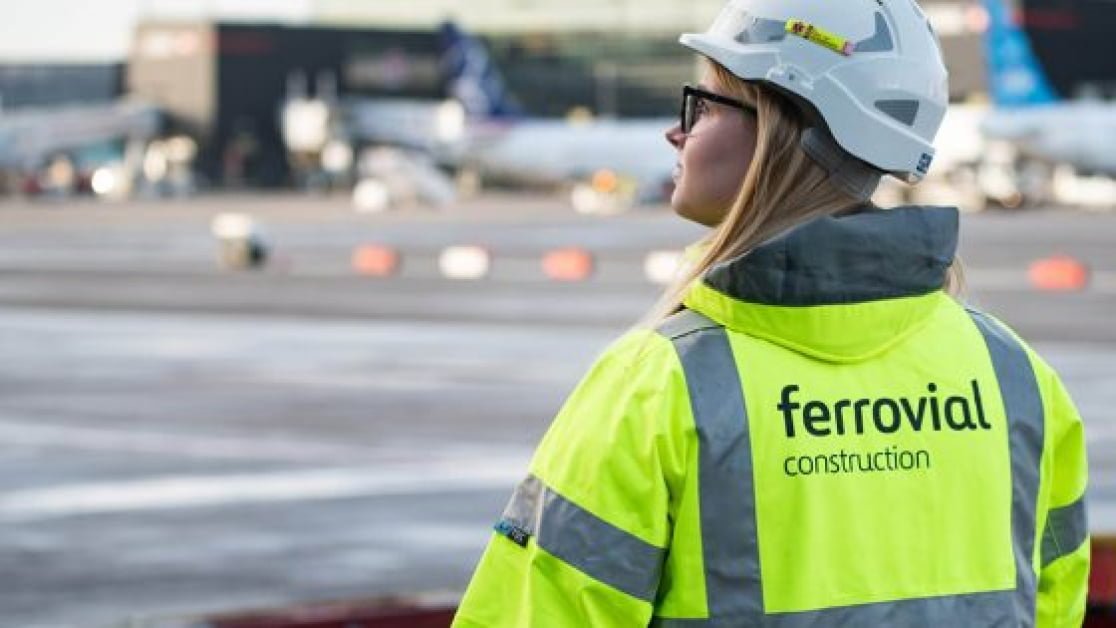Ferrovial Construction Overcomes Setback in Silvertown Project
Ferrovial Construction, a prominent infrastructure development firm, recently encountered challenges with their Silvertown project. Despite this setback, the company has demonstrated resilience and perseverance in navigating obstacles while maintaining the delivery of exceptional construction services. This article delves into Ferrovial Construction’s recovery from the setback in Silvertown and their innovative strategies for addressing challenges within the construction sector.
Financial Progress and Strategic Initiatives
Ferrovial’s UK contracting division achieved a significant milestone by achieving a record turnover and returning to profitability last year, despite the absence of new projects. Revenue from contracts in the 2023 fiscal year increased by 9%, reaching an all-time high of £536.6m, marking the fifth consecutive year of revenue growth. The company also reported a pre-tax profit of £5.5m, a notable improvement from the £30.4m loss in the previous year. Moreover, the revenue margin rose from -6.2% to 1%.
Strategic decisions made by managing director Karl Goose played a crucial role in the company’s performance. Despite a decrease in year-end contract value from £795m in 2022 to £648m in 2023 due to the absence of new contracts, Ferrovial Construction UK managed to sustain its operations effectively. The company’s ranking as the 38th top contractor by turnover in the CN100 2023 index is a testament to its resilience and strategic positioning in the industry.
Mitigating Economic Challenges and Future Prospects
Ferrovial Construction UK has successfully navigated macroeconomic challenges such as inflation in labor and energy costs. By avoiding fixed-price contracts in major projects except Silvertown and implementing inflation-adjustable reimbursement models, the company has effectively managed cost escalations. Additionally, strategic hedging of material purchases has been instrumental in mitigating financial risks.
Looking ahead, Ferrovial Construction UK is exploring opportunities in alternative sectors such as energy, water frameworks, and complex structures like data centers. The company’s interest in diversifying its portfolio aligns with its parent company, Ferrovial’s, focus on expanding into specialized areas like water infrastructure through its subsidiary Cadagua. Furthermore, the company aims to establish a foothold in the UK market by promoting its energy and power transmission business as a new player.
Conclusion
Despite facing challenges with the Silvertown project, Ferrovial Construction has showcased its ability to adapt and thrive in the construction industry. Through strategic decision-making, financial prudence, and a diversified project portfolio, the company continues to position itself for growth and success in the ever-evolving infrastructure development landscape.


